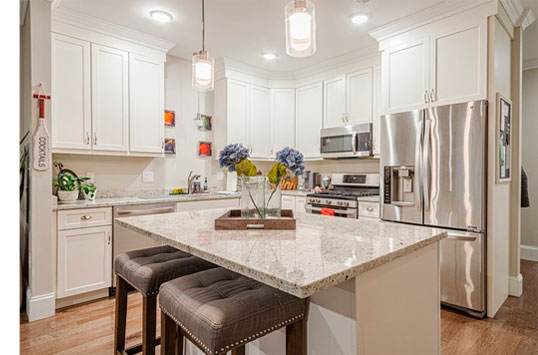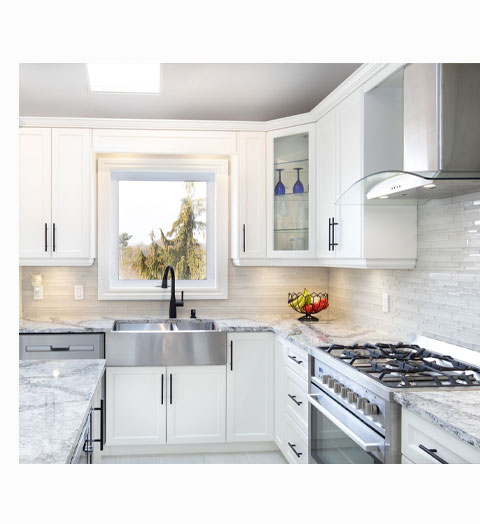 |
 |
 |
 |
|
 |
||
 |
 |
||
 |
 |
 |
 |
 |
 |
 |
 |
 |
 |
 |
|
 |
||
 |
 |
 |
 |
 |
||
|
plsavelx.com The Cost to Remodel a Small Kitchen: Expert Tips and AdviceRemodeling a kitchen, particularly a small one, can be a daunting yet rewarding task. If you're considering such an endeavor, it's crucial to understand the potential costs involved. While the exact cost will vary based on numerous factors, this guide aims to provide a comprehensive overview, ensuring you are well-prepared for the journey ahead. First and foremost, one must consider the scale and scope of the remodel. Are you planning a complete overhaul, or are you focusing on specific areas such as cabinetry or countertops? Answering this question is pivotal as it significantly influences the overall budget. On average, remodeling a small kitchen can range from $10,000 to $30,000, with the national average hovering around $25,000. However, this is merely a ballpark figure.
Beyond the tangible elements, labor costs also play a significant role in the budget. Engaging a professional contractor often ensures a high-quality finish, yet it can add to the overall expense. Labor can account for 20% to 35% of the total remodeling cost. However, for those with a penchant for DIY projects, significant savings can be made, albeit with increased effort and time investment. Moreover, when setting your budget, it's prudent to allocate a contingency fund-typically 10% to 20% of the total budget-to cover unforeseen expenses. Renovations often reveal hidden issues, such as outdated wiring or plumbing, especially in older homes. Lastly, consider the potential return on investment (ROI). A well-executed kitchen remodel not only enhances the functionality and aesthetic appeal of your home but can also significantly increase its market value. While personal satisfaction is invaluable, the financial return should not be overlooked. In conclusion, remodeling a small kitchen requires careful planning and budgeting. By understanding the various cost components and making informed decisions, you can transform your kitchen into a space that is both beautiful and functional without breaking the bank. Remember, the key lies in balancing your desires with your budget, ensuring a harmonious blend of practicality and style. https://blog.skipprenovation.com/post/average-kitchen-remodel-cost
Remodels can be low-range costing $100 to $125 per square foot, mid-range at $200 to $250, or high end at $300+ per square foot. For a small kitchen, the cost ... https://www.worldcoppersmith.com/articles/kitchen-remodel-cost/?srsltid=AfmBOoojfAMBNFfqdwKcNTF9IyRmohDdxIt7qE_aE0Jb17DKJNKcxkhr
Kitchen remodel costs in 2024 typically fall within these ranges: $10,000 to $25,000 for minor remodels, $30,000 to $60,000 for major remodels, ... https://www.cliqstudios.com/kitchen-remodel-budget/?srsltid=AfmBOoppxz-eHjeLJ7t6o-HNrYkb35LOvBN1GhuY2mo_PHq80GzCQ-Ue
Home Advisor says that average 2023 kitchen remodeling costs range from $14,607- 40,623. All kitchen remodel pricing will vary based on your location, the cost ...
|